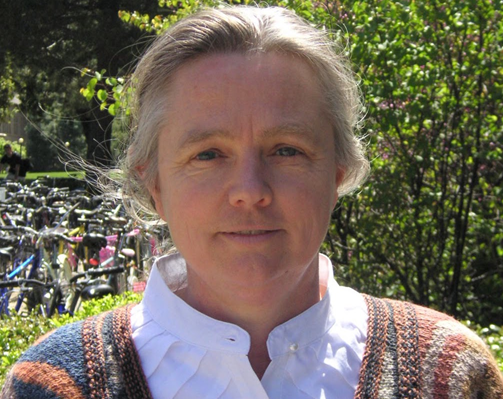Speaker: Susan Holmes (University of Stanford)
Title: Generative models for power, identifiability and goodness of fit testing
Date|Time: May 7-8, 2025 | 14:00-16:00
Place: NOVA FCT, NOVA Non-Destructive Testing Laboratory, Building VIII
Description:
By linking conceptual theories with observed data, transparent hierarchical generative models can support reasoning in complex situations. They have come to play a central role both within and beyond statistics, providing the basis for power analysis in molecular biology, microbiome studies, and resource allocation in epidemiology. These lectures will survey some applications of transparent generative models and show how they inform experimental design, iterative model refinement, goodness-of-fit evaluation, and agent based simulation. We emphasize a modular view of generative mechanisms and discuss how they can be flexibly recombined in new problem contexts.
Current research in generative models is currently split across several islands of activity, and we highlight opportunities lying at disciplinary intersections. We will study both coded applications that go over these ideas and the applications will be done using R. All attendees will be asked to have a recent version of R installed on their laptop so we can do hands-on activities together.
We will go over the principles of:
– hierarchical mixture models (https://www.huber.embl.de/msmb/)
– latent variables for microbiome (https://doi.org/10.6084/m9.figshare.c.6922510.v1)
– machine learning for goodness of fit
( https://github.com/krisrs1128/generative_review)
Registration can be completed here.
Susan Holmes has been working in non parametric multivariate statistics applied to Biology since 1985.
She started her research career in France at the INRAE institute in Montpellier.
She has taught at MIT, Harvard and was an Associate Professor of Biometry at Cornell before moving to Stanford in 1998.
She likes working on big messy data sets, mostly from the areas of Immunology, Cancer Biology and Microbial Ecology and her group developed the popular Bioconductor packages phyloseq and dada2 for microbiome data analyses.
Professor Holmes has co-authored an open access book with Wolfgang Huber (EMBL) published by Cambridge University Press on Modern Statistics for Modern Biology (https://www.huber.embl.de/msmb/) based on a popular course she teaches at Stanford. Her work is funded by the NIH and the Bill and Melinda Gates foundation.
Her theoretical interests include applied probability, MCMC (Monte Carlo Markov chains), Graph Limit Theory, Differential Geometry and the topology of the space of Phylogenetic Trees.

